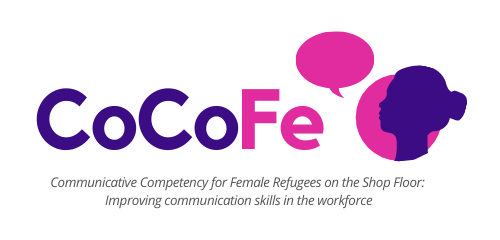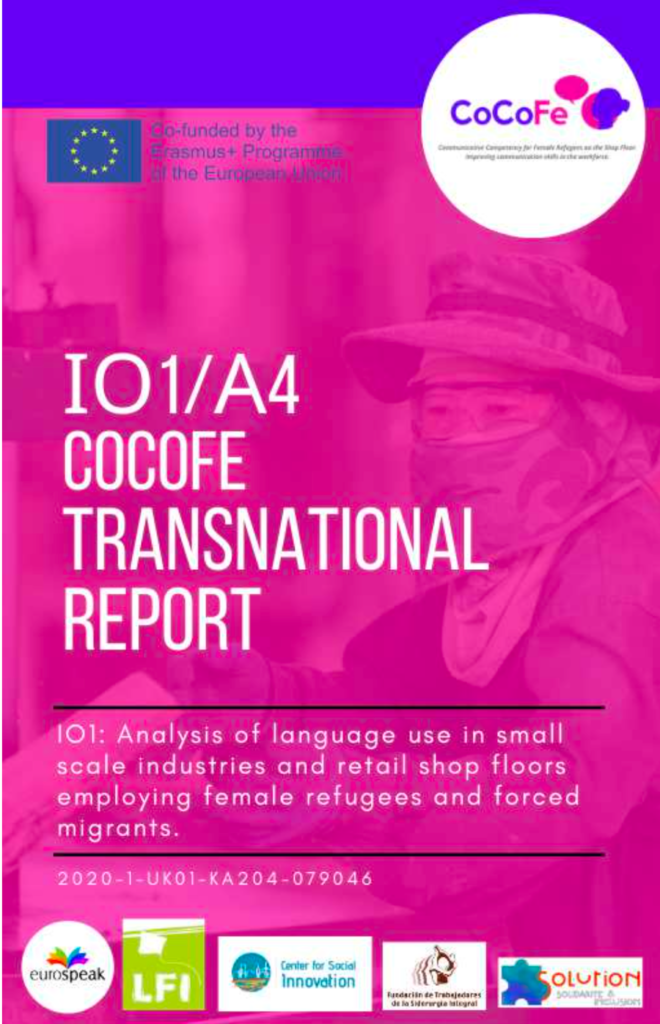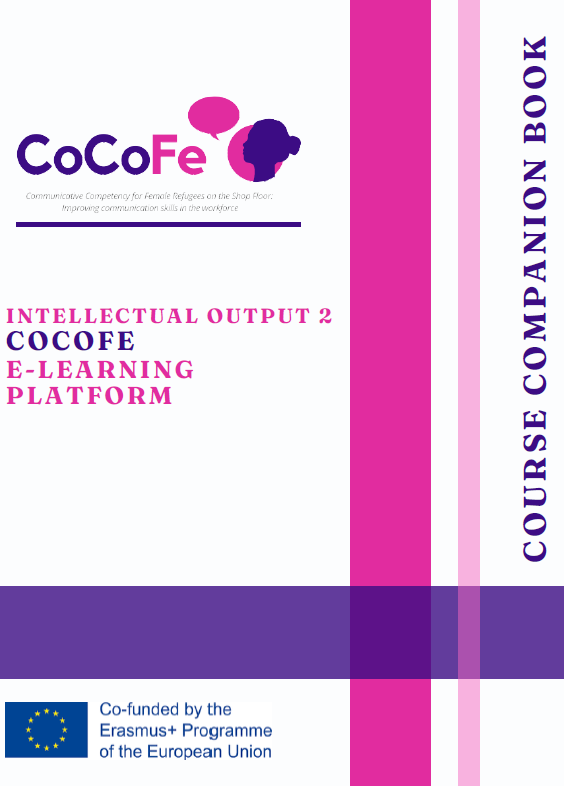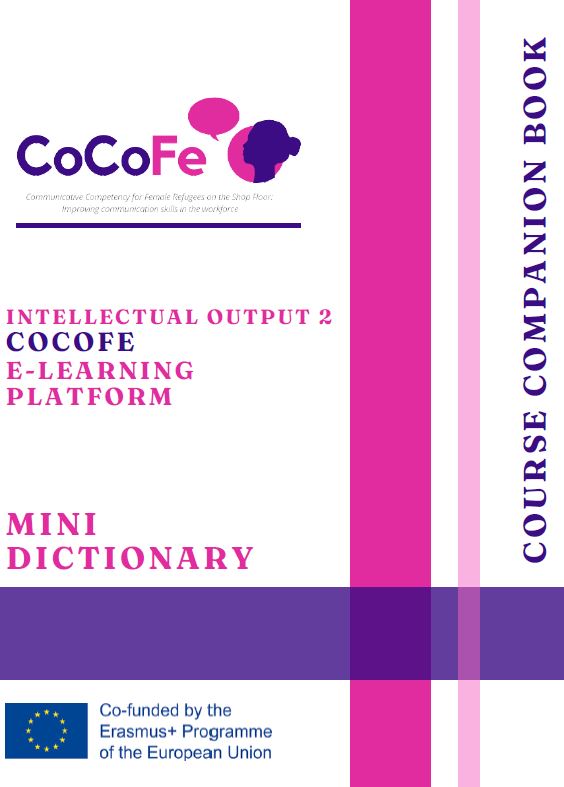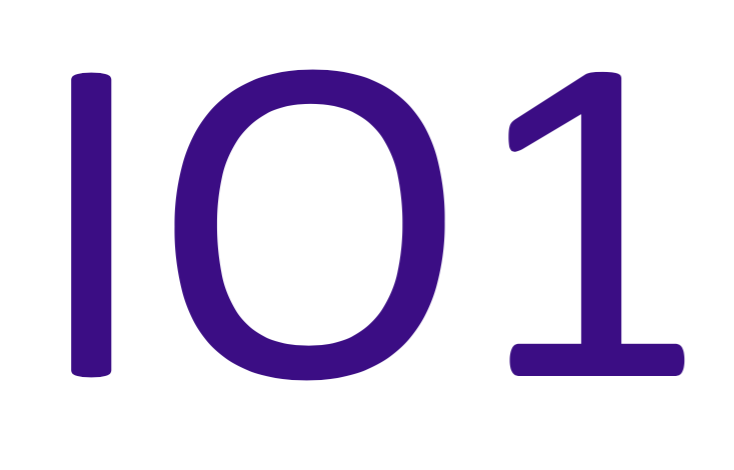
Intellectual Output 1
Analysis of language use in small scale industries and retail shop floors employing female refugees and forced migrants.
Output 1 will result in (1) a report into the instances of female refugees and forced migrants employed in the target work environments; (2) a paper analysing the register of language used by co-workers in businesses where female refugees and female forced migrants are employed; this will include communication between co-workers, management and, if applicable, customers. It will include language used during social conversation, in work-to-work utterances and between personnel and managerial staff, and chit chat between customer and employee if applicable to the job.
- A report on the instances of female refugees’ and forced female migrants’ participation in small-scale manufacturing and retail industry among the female workforce in partner countries and their linguistic needs. This report will present details of the female refugees and female forced migrants employed in small-scale manufacturing and in retail in the partner countries. It will provide details on their linguistic needs with their respective places of employment. It will also compare recent female refugees and female forced migrants with those who have been resident for more than 10 years prior to the study in order to establish a baseline comparison.
- Research on the use of informal language used by employees in small-scale manufacturing and the retail industry in partner countries. This research will identify and catalogue aspects of language used in these environments; its frequency of use – by gender, age and background; its register and meaning; grammar and pronunciation in use; contractions, idioms, neologisms, slang, abbreviations, non-aggressive profanities, and convivial speech act initiators;
- Taxonomy of terminology regarding language needs of the target group drawing on elements from the research above;
- Summary of needs and requirements of the target group using information from the above output descriptions;
- A dictionary of language (including but not limited to contractions, idioms, neologisms, slang, abbreviation, non-aggressive profanities, convivial speech act initiators, and pronunciation).
In terms of innovation, the CoCoFe project is new with regard to language teaching in that its focus is on informal register is an area of language that in rarely researched. Furthermore, it not taught in a formal structured way in educational institutes be they state schools or private language institutes. This project complements the teaching of standard languages in the partner countries. It is aimed at increasing the understanding of the newcomers especially in terms of listening comprehension and informal spoken language. With regards to
transferability, the knowledge gained by the target group can be applied outside their place of work in the social context. For the teaching professional, it will at additional expertise in the field of pronunciation especially. Moreover, as most languages teach a ‘standard’ language this project will provide them our language practitioners with a greater understanding of the types of non-standard language deployed by speakers in these environments.
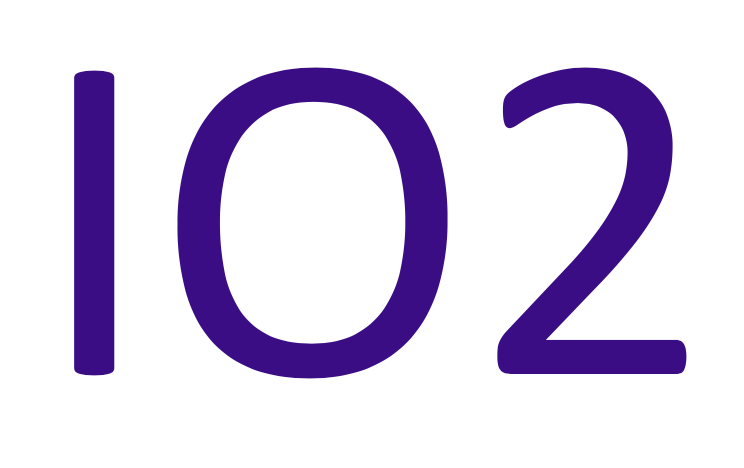
Intellectual Output 2
CoCoFe e-learning platform
Using data from IO1, the CoCoFe project will deliver IO2. Using the data from the IO1 research, IO2 will build the deliverables: e-learning platform, a written framework for on-site learning and a self-published companion book for CoCoFe’s target group.
It is expected to provide a practical and long-term teaching platform and methodology that can be used internationally as well as across employment sectors. Examples of specific lesson topics are Greetings – there will be an emphasis on non-standard greetings both verbal and physical; this will include a sections on the pronunciation and listening. The course will include units on Conviviality, Identification and Use of Polite Expletives as a Social Bonding Tool, Turn taking in Conversations; Social arrangements, Humour, Small Talk and Initiating Conversations, Personal Issues, Appropriateness of Language, Formal versus Informal Language: Standard and Non-Standard language; speed of delivery of utterances. Throughout the course, there will be a strong emphasis on informal grammar, pronunciation and production through speaking.
1. Design and writing of the on-site course;
2. Compiling the e-platform online course; writing of the companion course book;
3. Editing and publishing of the companion course book;
4. Creation of the online tutorial for target group learners and mentors on how to use and maintain the online platform;
5. Beta testing of all components.
It is envisaged that the project will continue beyond its termination date supported by both the female refugees and female forced migrants together with teaching professionals and academics who will feed into the content of the e-learning course and update the book as an when required. There are three elements of the CoCoFe project have the potential to be transferred:
(1) to other areas of employment such as hospitality, the construction industry and agriculture; whilst the ethos of the project would remain the same, the content will vary as would the instances of a speakers first language affecting the language of their host nation;
(2) Language used in these environments attracts little attention from academia who may be supported by grants from business which may require study to be directed at professional areas of employment.
But how does the first language used by the female refugees and female force migrants interplay with their newly acquired language in their particular context which is often under researched. There are two scenarios:
- the English language for example is not managed linguistically by an authoritative academic body. If a word is used regularly across all media, it will eventually find its way into a dictionary;
- languages such as Spanish are governed by a linguistic authority. How does this affect the ‘standard’ language spoken by the female refugees and female forced migrants in the environments in which they find themselves?
(3) the e-learning platform can be used by students in language schools who either wish to prepare for employment or require additional aural support to increase their knowledge of non-standard speech.
The European Commission support for the production of this publication does not constitute an endorsement of the contents which reflects the views only of the authors, and the Commission cannot be held responsible for any use which may be made of the information contained therein.

